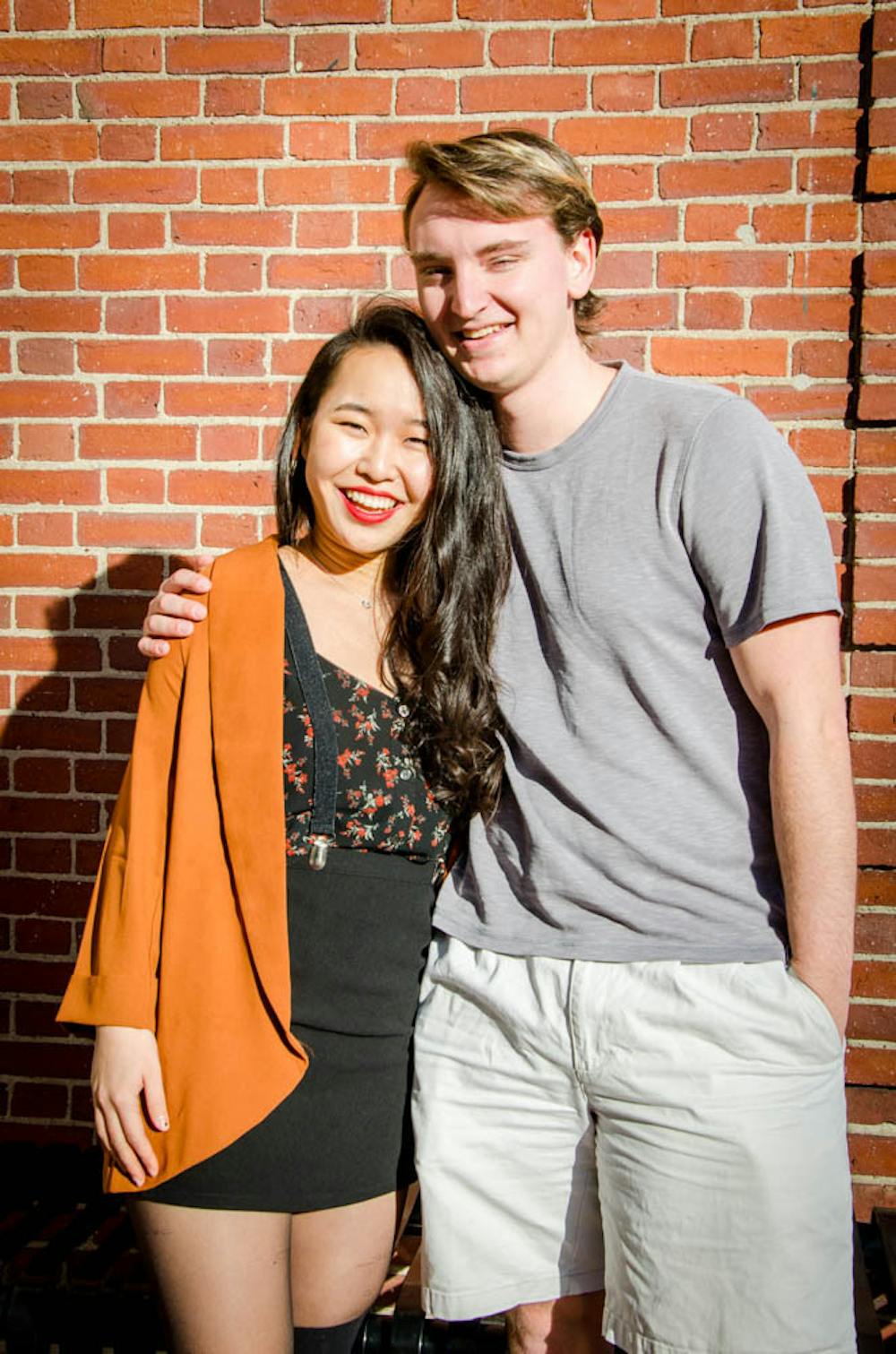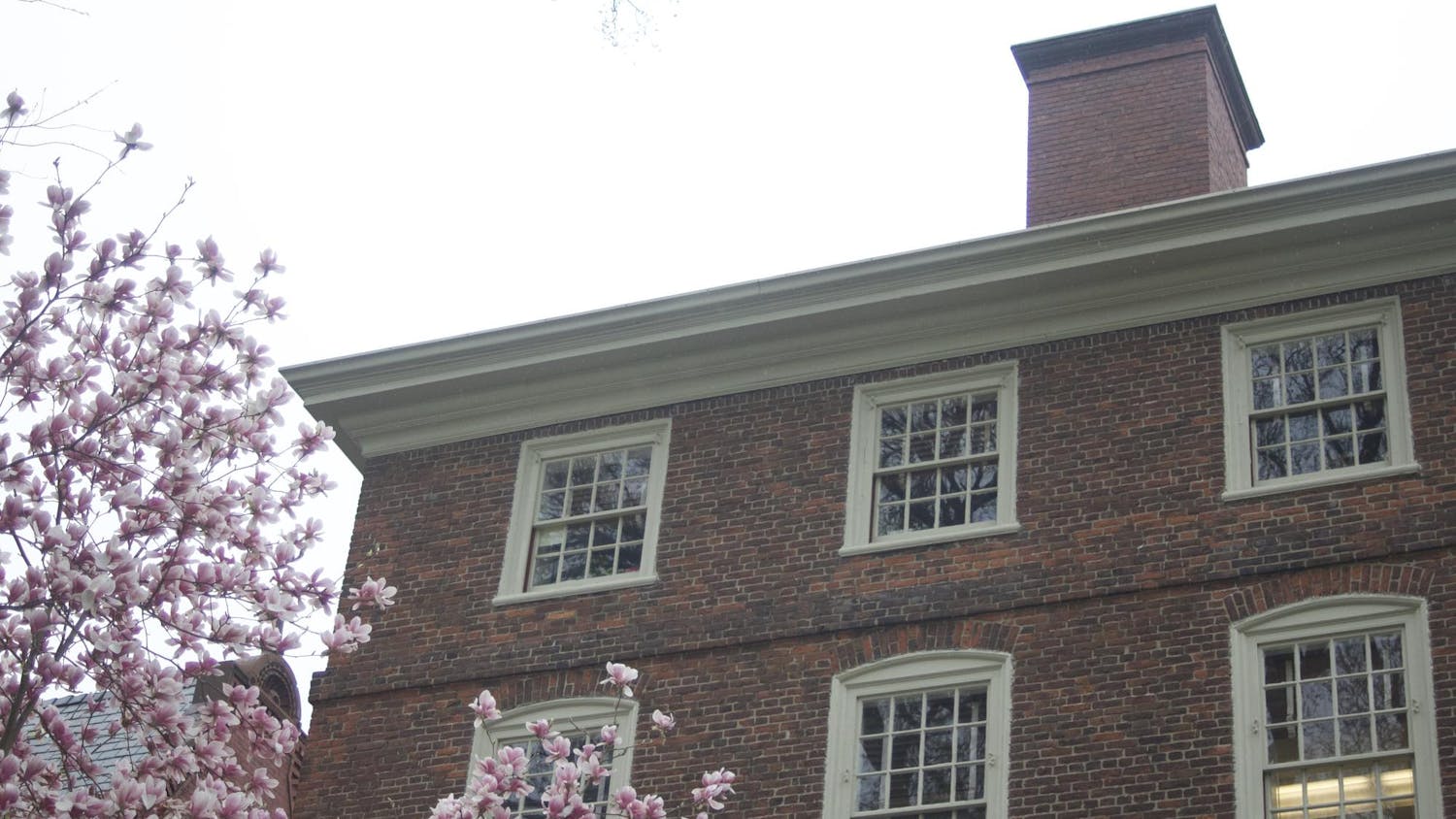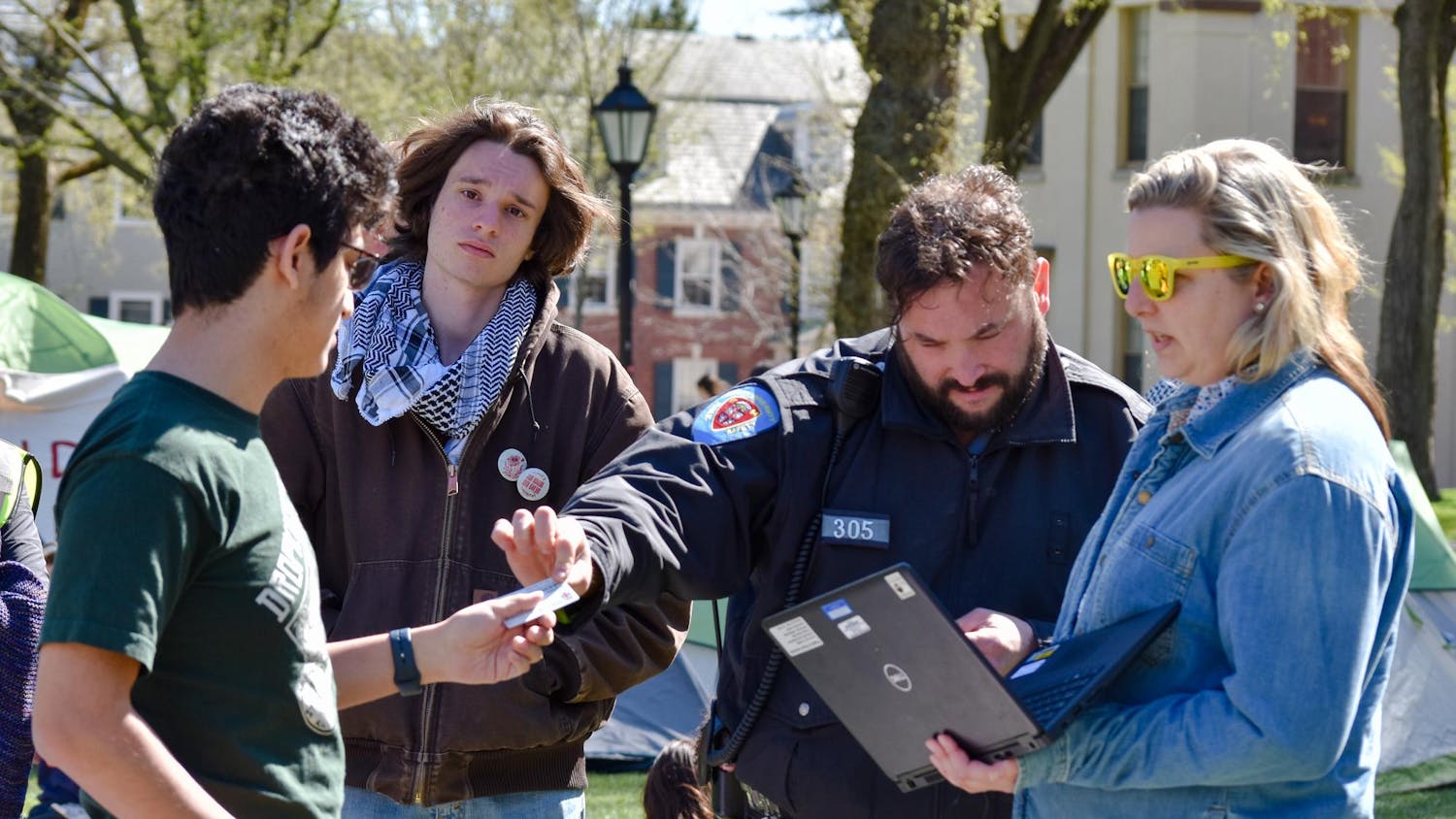A group of Brown student leaders and activists is currently pushing to create a disability identity and cultural center on campus. Separate from Student and Employee Accessibility Services and Counseling and Psychological Services, this student-led center would serve all members of the University community, providing access to a wide range of services and cultivating a sense of culture among students with disabilities.
From the ongoing conversations guiding the creation of the center, students determined that the space should include features such as open hours for peer mental health advocates, distraction-free study spaces and accessible group meeting rooms, said Matthew Flathers ’19, the coordinator of the proposed center. The center would also provide students with information on navigating health resources at Brown while placing an emphasis on peer support and solidarity, he added.
Planning the center is “a little difficult because it’s meant to be as accessible as possible,” said Yema Yang ’19, the co-coordinator of the center. “For sensory overload we might have dim lights, … (but) for people who need tactile things to calm them down they might want to be in a more stimulating place,” she added.
A disability identity and cultural center would provide students with a space to build a collective community that is currently lacking on campus, Flathers and Yang said.
“There’s a sense of not belonging, this feeling of ‘I’m not getting the support I need,’” Flathers said. “A lot of people feel really isolated on campus. … We hope to combat some of that.”
While University administrators have been supportive of efforts to create a disability identity and cultural center, no timetable exists for the center’s opening, Flathers said.
“It’s really hard to get confirmation from administration with anything,” Flathers said. “There’s a lot of administrators who are in support of us, who think this is a good thing to have, but no one really knows how it’s going to go down the pipeline.”
“This could be the end of next year, it could be eight years out, it could be anywhere within that range,” Flathers added.
Though the idea for this center has been in the works among the student activist community for some time, it has previously seen little progress, Flathers said.
In the past, several initiatives existed to create the center, preventing the formation of a cohesive movement, Yang said.
But during this school year, students put aside their differences and agreed to broaden the scope of issues that the center would seek to address, Yang said. Flathers and Yang used their experience working with Project LETS — a nonprofit that aids students with mental illnesses — to foster dialogue among student activists.
“We very much want all different (types of) disability, mental health, neurodivergence … and any kind of other mental or bodily difference to be represented and supported in a space like this,” Flathers added.
By being independent from SEAS, the center would foster peer-based support not overseen by administrators, which would also improve its accessibility by promoting student interactions, Flathers said.
At the same time, initiatives implemented by SEAS would still inform work conducted by students at the center, Yang said.
“SEAS would like there to be a dedicated community space on campus,” wrote Catherine Axe ’87, the associate dean and director of SEAS, in an email to The Herald. “There are always ways that resources and services could be enhanced, and having a space would foster communication, comprehensive input and priority setting to that end,” she added.
Currently, the group is in the “initializing process” of developing the center, Flathers said. “Right now we’re gathering as many different student groups, student voices, lived experiences together to start planning … things that people would like to see in terms of resources.”
Through the center, Yang said she hopes to “fortify a collective identity amongst people with disabilities. … It’ll give the community an openness and empower students so that they can … comfortably be and exist.”





